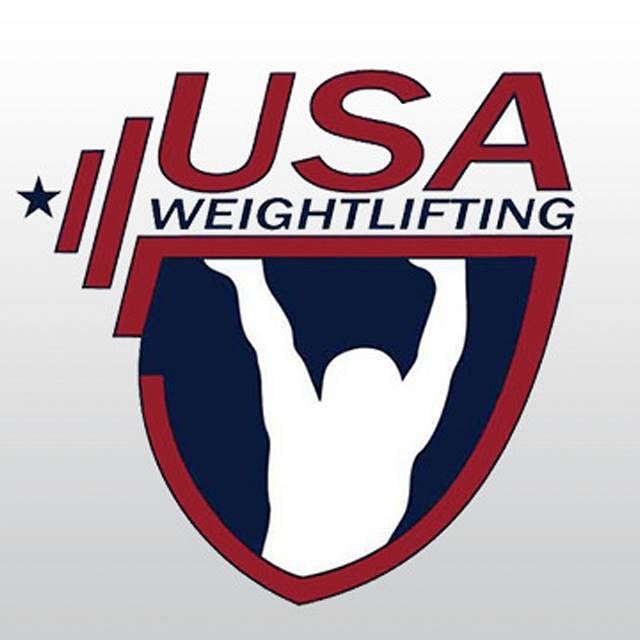How did USA Weightlifting transform its culture?
The success of any business often revolves around the company’s ethos and whether the employees buy into their core values.
That can be especially true in smaller organisations where every penny must be accounted for, something that is typical in minority sports across the world.
Add an issue with reputation and governance and you have a recipe for challenges that some larger organisations have struggled to address.
Weightlifting faced a major challenge over the past two years with doping violations leading to a threat by the International Olympic Committee (IOC) to exclude the sport from the Olympic Games.
A thorough review and overhaul of the sport’s systems and processes has transformed its position, with new doping cases dealt with swiftly and sternly and greater incentives and improved education ensuring that instances of rule-breaking decline.
One of those who played a leading role in transforming weightlifting’s culture, both internationally and at a national level, is Phil Andrews, the British-born CEO of USA Weightlifting.
Through strong governance and cultural change, he has implemented great changes that has had a far-reaching impact on the sport.
“The International Weightlifting Federation (IWF) and USA Weightlifting have worked hard to put in place processes to counter those who believe cheating is acceptable in our sport and according to the IOC, we have made great progress,” said Andrews.
“It’s important to remember that since 2017, weightlifting has been the single most drug tested sport in the US.
“USA Weightlifting is committed to providing a fair platform to athletes. In the 1980s and 1990s we had as much of a problem with doping as everyone else, but we have made great strides, particularly in recent years.
“Our LiftClean program sees testing right down to the local level and an additional random testing requirement for a minimum of six months before you can represent the USA in international competition.
“We also created an independent Ethics and Judicial Commission when I joined which went from having six cases in four years to 36 in six weeks. That has proved to athletes, their entourage and our fans that we are not taking doping lightly.”
The governing body is almost unrecognisable from when Andrews took over three years ago, but he understands there is still plenty of work to do as they build up to the Tokyo 2020 Olympic Games.
“My focus as CEO is to serve all stakeholders for weightlifting. That means I am open, collaborative and supportive and I believe that the combined efforts of 27,000 people connected to weightlifting are better at driving progress and change than one person dictating his opinions to them alone.
“You have to remember the people that are not at the top and support them and focus on their needs just as much as those on your board. It’s the people on the ground who are often doing the real work and having the real influence.”
The importance of transparency in good governance is something that Andrews feels strongly about and has led to USA Weightlifting publishing their operational financials every quarter.
Under his leadership, female participation has risen from 11% to over 50%, and that vast increase has led to great success on the international platform.
Gender equality is an issue that Andrews feels very strongly about, and he is a firm believer in equitable pay.
“Our women’s team have enjoyed great success in recent times, including a record showing at the IWF World Championships in Pattaya, Thailand, last month.
“As a result of their superb results, we currently pay more of our budget to our female athletes, and I see no reason why other sports shouldn’t be able to follow the same model.
“Athletes should earn money based solely on their performance; gender should never impact what they can or can’t achieve in sport.”
These changes have attracted new sponsors, who are now proud to be associated with the organisation rather than fearing brand damage with a new scandal never far away.
USA Weightlifting has recently partnered with Ascent, who support their #TokyoStrong campaign, which helps raise funds to support athlete travel, build a training facility in Tokyo and provide additional key support staff, such as coaches, nutritionists and trainers.
Andrews added: “The current USA Weightlifting Team is one of the strongest and most talented we have ever had, and we know that proper funding and support is crucial for our athletes to have the greatest chance for success in Tokyo.”
Weightlifting has historically been fairly low interest in the United States, but membership has more than doubled since the London 2012 Olympic Games.
There are hopes that a successful Games could be the springboard to the sport playing a more prominent role in the US in the years to come, and judging by Team USA’s recent results, there is no reason to suggest he is wrong.

